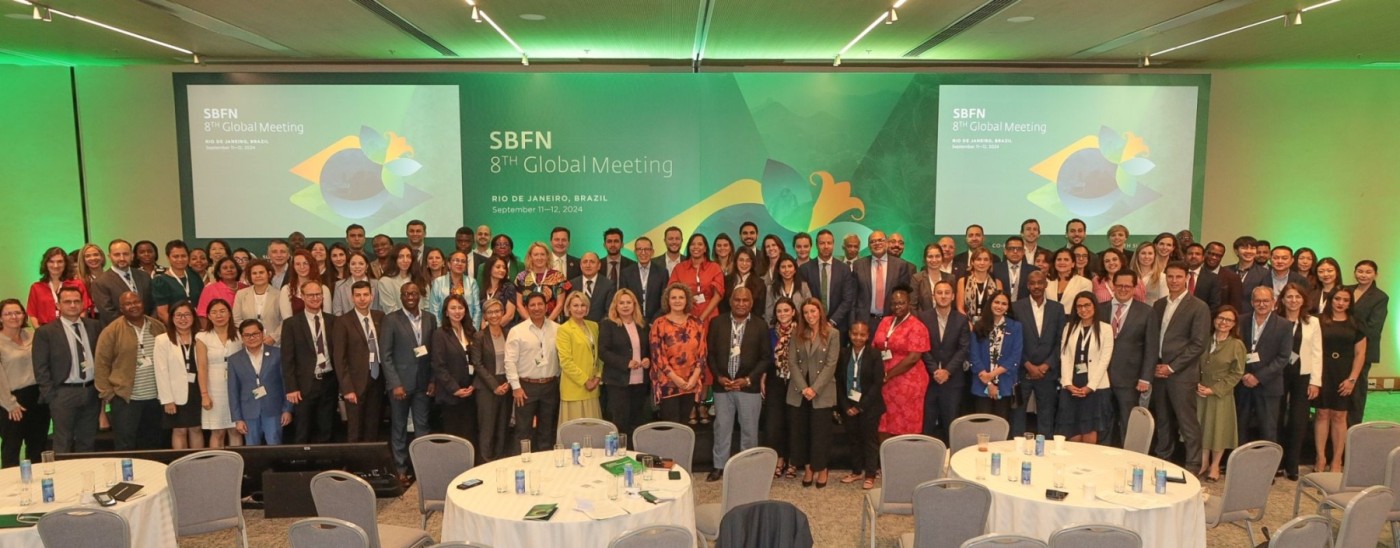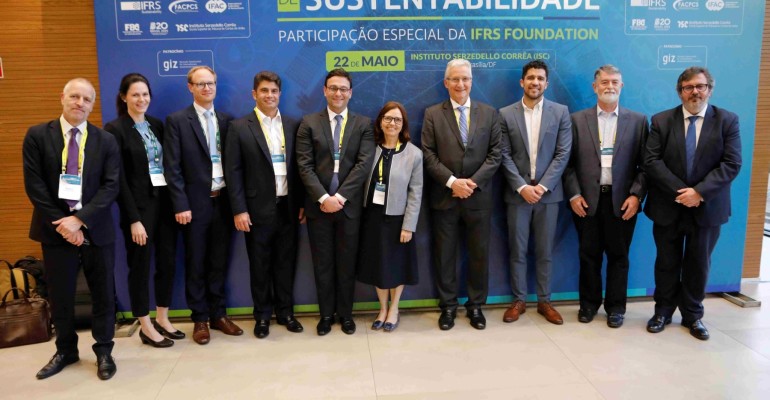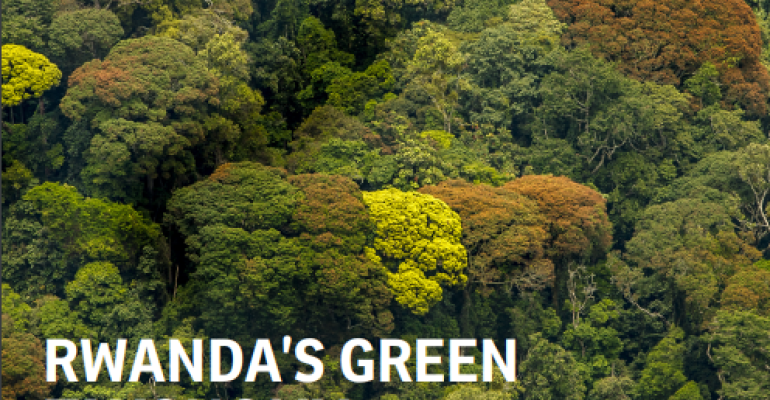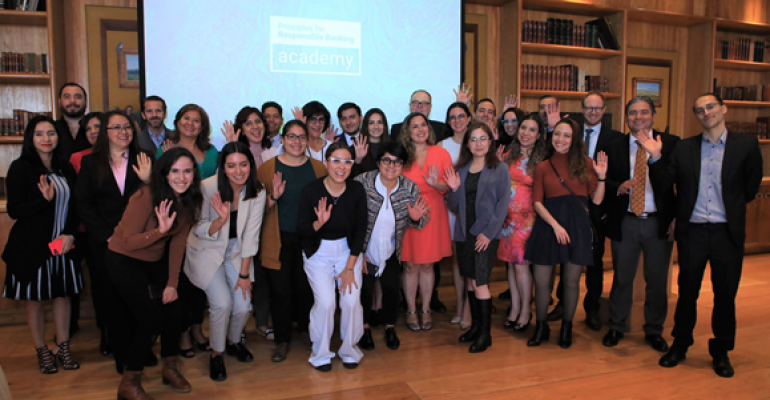Global finance leaders convene to discuss sustainable finance, key opportunities in Emerging Markets and Developing Economies and mobilising finance for a just transition.
Background:
Developing countries and emerging economies face huge financing gaps when it comes to meeting global climate goals, recent estimates suggest a staggering $3.9 Trillion is required to meet the SDGs alone. To finance mitigation and adaptation needs, a multi-stakeholder approach involving private financial actors, governments, and the international community is needed.
The Sustainable Banking and Finance Network (SBFN) is a community of financial sector regulators, central banks, ministries of finance, ministries of environment, and industry associations from emerging markets. Established to promote sustainable finance practices, SBFN, as of 2024, consists of 96 member institutions from 72 countries, representing a combined $68 trillion in assets.
The International Finance Corporation (IFC) serves as the Secretariat and knowledge partner for SBFN. Since 2012, SBFN and IFC have jointly organized Global Meetings—high-level forums where key stakeholders in finance and sustainability gather to discuss progress, share knowledge, and promote sustainable banking.
Description:
On September 11-12, 2024, the 8th Global Meeting of the SBFN took place in Rio de Janeiro, co-hosted by the Brazilian Central Bank (Banco Central do Brazil) and FEBRABAN(Brazilian federation of banks). The meeting focused on celebrating achievements, sharing insights, and exploring future activities, particularly emphasising the opportunities available in Emerging Markets and Developing Economies (EMDEs) for mobilising finance towards a just transition.
Day 1:
The meeting began with welcome addresses from the Head of Sustainability at Banco Central do Brasil and the Executive Director of Sustainability at FEBRABAN. Key sessions included a deep dive into the SBFN reporting and disclosure toolkit, a discussion with the G20 Sustainable Finance Working Group Co-chair on global engagement opportunities, a session on sustainable finance taxonomy development hosted by the Sustainable Finance Instruments working group, and an interactive workshop on the sustainable bonds market led by IFC’s Green Bond Technical Assistance Program (GB-TAP).
Day 2:
The second day featured panel discussions with thought leaders from G20, SBFN members, the World Bank, and IFC. The first session, a fireside chat, explored opportunities for EMDEs to lead the just transition, focusing on promoting environmental stewardship and fostering inclusive growth.
Additional panels covered topics such as advancing and harmonising sustainable finance taxonomies, the challenges EMDEs face in implementing the ISSB standards, and the critical role of Micro, Small, and Medium Enterprises (MSMEs) and supply chain finance in achieving sustainability goals.
Partners:
With more than 140 stakeholders from diverse regions attending, the global meeting showed that collaboration between the various partners is critical to successfully transforming the sector. During the conference, participants welcomed the opportunity to meet and discuss challenges and potential solutions for sustainable banking. In addition, they appreciated the input on global and regional developments provided by speakers from IFC, the World Bank, the Glasgow Financial Alliance for Net Zero,and the Climate Bonds Initiative.
SBFN (Sustainable Banking and Finance Network) and Deutsche Gesellschaft für Internationale Zusammenarbeit (GIZ) GmbH have been closely working together over the past years. GIZ is an active member of the Sustainable Finance Instruments working group with a focus on the development of Sustainable Finance Taxonomies. The collaboration includes the development of an e-learning on ‘Introduction to Sustainable Finance Taxonomies’ and the publication of the ‘SBFN Toolkit on Sustainable Finance Taxonomies’, which includes practical insights on how to develop, implement and govern a taxonomy with international case studies from 12 member countries.




